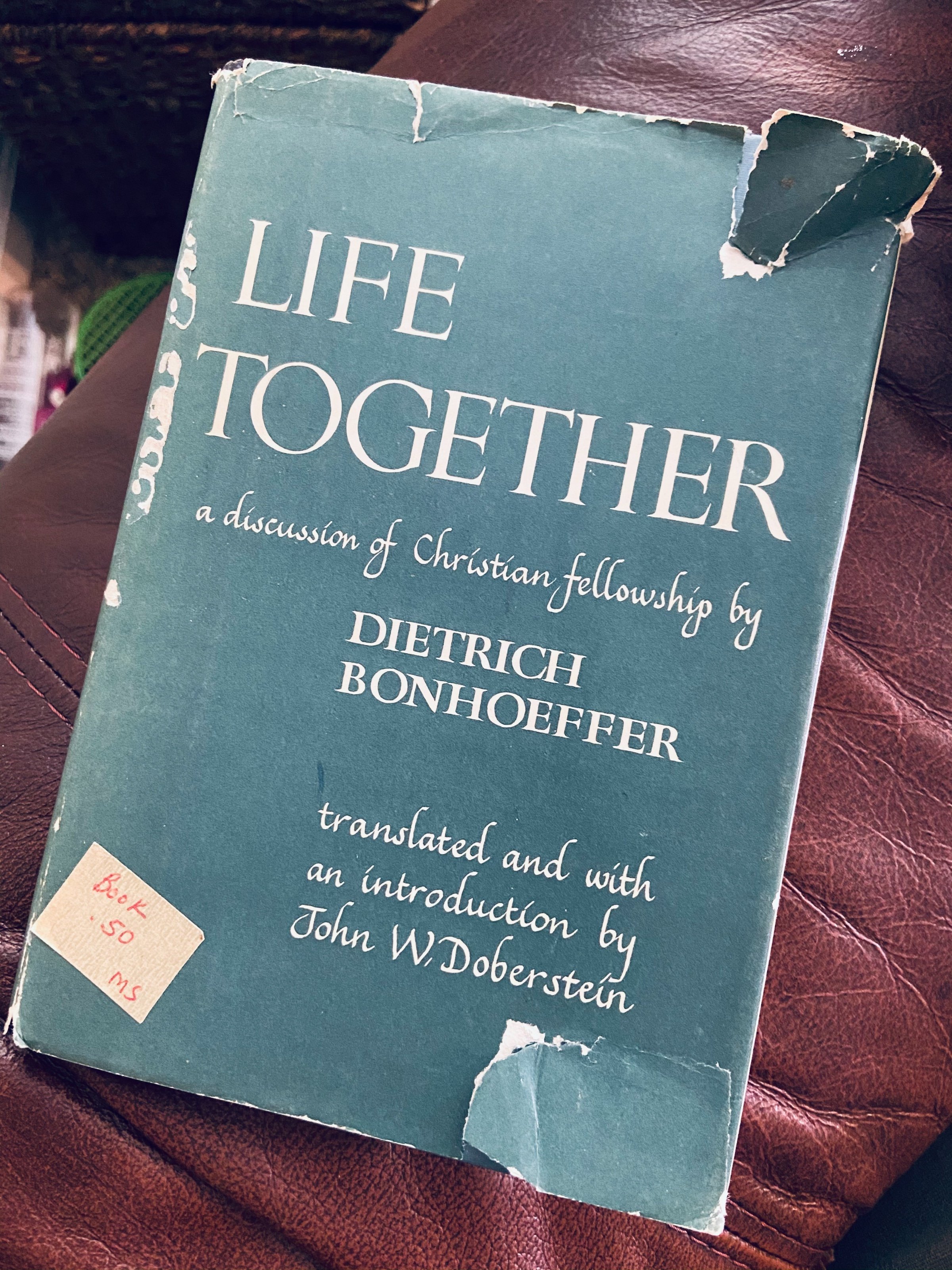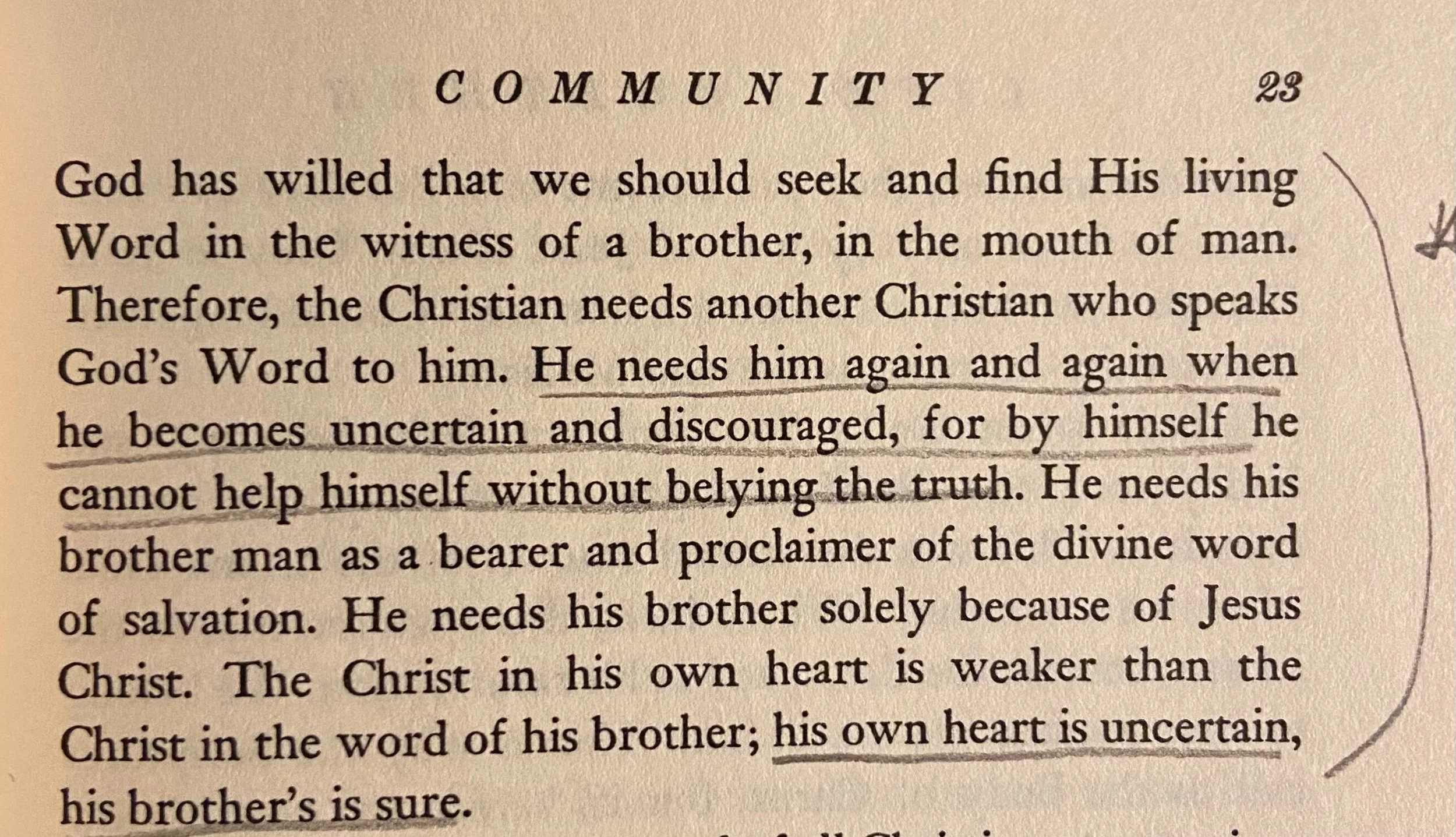The Questions We Ask (& other random tangents)
Photo by Artem Maltsev on Unsplash
In an effort to be an effective and mature time manager, I’m taking a break from a day of grad school to talk about some ideas that have been cycling through my little incubator and are begging to be hatched.
Here we go…
It’s been weird recently because I’ve felt like I’ve forgotten how to write for this type of audience (you). When I first returned to school, I felt uncertain and unsure how to write for an academic audience again. And now, I feel so accustomed to writing discussion posts and papers that I feel uneasy about writing for you (you would have never guessed I’ve been writing in academic settings from this introduction, would you? I cover well).
At the moment I’m supposed to be looking at assessment data for a case study, but it’s just not happening. This is what I want to do at almost midnight, so here we go.
Right now my thoughts center on one thing: questions (that, and also eye tracking in relation to dyslexia screenings, but I’ll stick with the questions piece).
If you haven’t already swiped out of this email, I’ll explain. So for this one class at Ball State we have to grade ourselves in how we interact on the weekly discussion forum (you can call it laziness on the part of the teacher, but I’ve never contributed so much to a discussion forum in all my life… accountability is a powerful motivator). A large part of our grade hinges on the questions we ask (yes, I worded that correctly, not the questions we answer, but the questions we ask). When one week I felt my interrogations had come up short, Dr. Stefanski’s response to my self-grading (which she said I’d given myself the worst grade of any of her students), has stuck with me:
“I'm currently thinking/wondering if the questions we ask may be one of the most important things we do as learners and as teachers…”
Let that one soak for a minute.
This runs completely countercultural to everything we think about in terms of education, theology, our way of being and doing.
“The questions we ask may be one of the most important things we do…”
Isn’t the goal of education to cram all the correct answers, word-for-word, into our minds the night before an exam, then take the exam as quickly as possible, regurgitating the curriculum’s pre-packaged answers, then promptly forget the questions and answers altogether the moment we turn in the test? Isn’t this the end of knowledge and learning? The ultimate test of true education… the cram of correct responses for a final exam?
(Just so there’s no confusion, I long ago left this educational philosophy, but I digress…).
While there is a great deal to be learned and discovered and known about the world around us, the questions we ask are our biggest motivators in discovering that world. What you learn from a book depends a great deal on the questions you bring to the reading of the text. Frank Smith, in his book Understanding Reading and Learning to Read, says it this way, “Reading always involves asking questions of a text, and comprehension [sense-making] ensues to the extent that such questions are answered. I may not comprehend a particular text in the same way as you, but then I may not be asking the same questions… a large part of comprehending literature in any conventional manner is knowing the conventional questions to ask and how to find their answers” (Smith, 2012, p. 62). Has your Bible reading been dry and difficult? Maybe you haven’t been asking questions. What I glean from my Bible reading, the key words I hunt down and circle and highlight, depend a great deal on the inquiries burning in my own mind.
We’ve all quoted and memorized Christ’s line in the Gospel of John… “I am the way, the truth, and the life,” but we would not have this reassuring promise if it hadn’t been for someone willing to voice an honest question. Dear old Thomas, inquisitive to the end (I just love that disciple), “Lord, we do not know where you are going. How can we know the way?” (John 14:5, ESV). And Jesus— Jesus ever-patient, always bent forward listening for an honest heart didn’t say, “Come on, Thomas, I’ll give you three guesses for you to tell me what you think the way might be… We’ve gone over this before… You should know this by now…” No, Jesus just answered Thomas’s question with Himself.
Thomas: How can we know?
Jesus: I am…
That simple.
I’m still processing this. But as I reflect on many years of doubting and questioning and uncertainty, I realize that every divine moment of revelation of God’s manifest presence to me along my spiritual journey has come as a direct result of me bringing hard questions to God with open hands and open heart.
The most profound answers I’ve received have come as a never-wavering response to my never-ending questions.
And for those of you in the throws of hard questions, let me offer you this gentle reminder which has been a bedrock for me in questioning days. Dietrich Bonhoeffer once said, “God has willed that we should seek and find His living Word in the witness of a brother, in the mouth of man. Therefore, the Christian needs another Christian who speaks God's Word to him. He needs him again and again when he becomes uncertain and discouraged, for by himself he cannot help himself without belying the truth. He needs his brother man as a bearer and proclaimer of the divine word of salvation. He needs his brother solely because of Jesus Christ. The Christ in his own heart is weaker than the Christ in the word of his brother; his own heart is uncertain, his brother's is sure” (Bonhoeffer, 1954, p. 23). The Enemy would like you to think that you’re the only person questioning and you are alone in this journey. Ask your questions in community and with an open heart. We are meant to walk this road together, so embrace those whom God has placed in your life and seek the answers, The Answer, together.
Yes, Dr. Stefanski, you are right. The questions we ask may be one of the most important things we do…
References:
Bonhoeffer, D. (1954). Life Together: a discussion of Christian fellowship. Translated by John W. Doberstein. New York: Harper & Brothers.
Smith, F. (2012). Understanding Reading: A Psycholinguistic Analysis of Reading and Learning to Read. 6th edition. New York and London: Routledge.





